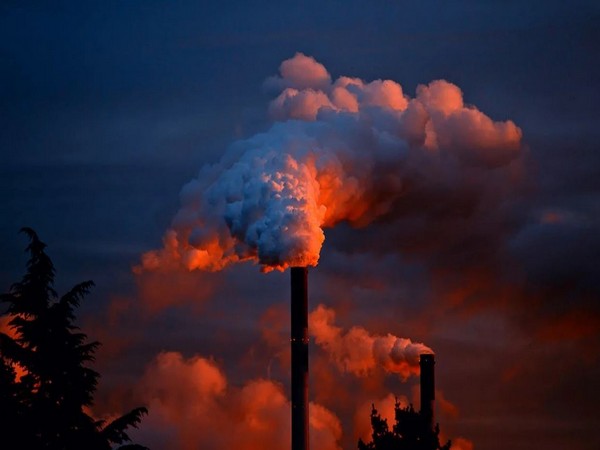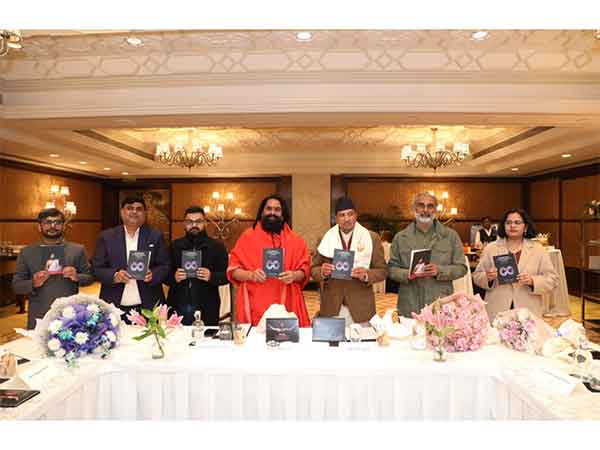Air pollution now a major risk to life expectancy in South Asia
Aug 31, 2023
New Delhi [India], August 31: Rising air pollution can cut life expectancy by more than five years per person in South Asia, one of the world's most polluted regions, according to a report published on Tuesday which flagged the growing burden of hazardous air on health.
The region, which includes the world's most polluted countries of Bangladesh, India, Nepal, and Pakistan, accounts for more than half of the total life years lost globally to pollution, the University of Chicago's Energy Policy Institute (EPIC) said in its latest Air Quality Life Index.
Rapid industrialization and population growth have contributed to declining air quality in South Asia, where particulate pollution levels are currently more than 50% higher than at the start of the century and now overshadow dangers posed by larger health threats.
People in Bangladesh, the world's most polluted country, stand to lose 6.8 years of life on average per person, compared to 3.6 months in the United States, according to the study, which uses satellite data to calculate the impact of an increase in airborne fine particles on life expectancy.
India is responsible for about 59% of the world's increase in pollution since 2013, the report said, as hazardous air threatens to shorten lives further in some of the country's more polluted regions. In the densely populated New Delhi, the world's most polluted mega-city, the average life span is down by more than 10 years.
Reducing global levels of lung-damaging airborne particles, known as PM 2.5, to levels recommended by the World Health Organization (WHO) could raise average life expectancy by 2.3 years, or a combined 17.8 billion life years, the report said.
An average resident of Pakistan would gain 3.9 years from meeting the WHO guidelines of limiting average annual PM 2.5 concentration to 5 micrograms per cubic meter, while someone in Nepal would live 4.6 years longer if the guideline was met, according to the report.
China, meanwhile, has worked to reduce pollution by 42.3% between 2013 and 2021, the report said, highlighting the need for governments to generate accessible air quality data to help bridge global inequalities in accessing tools to combat pollution.
Source: Fijian Broadcasting Cooperation








